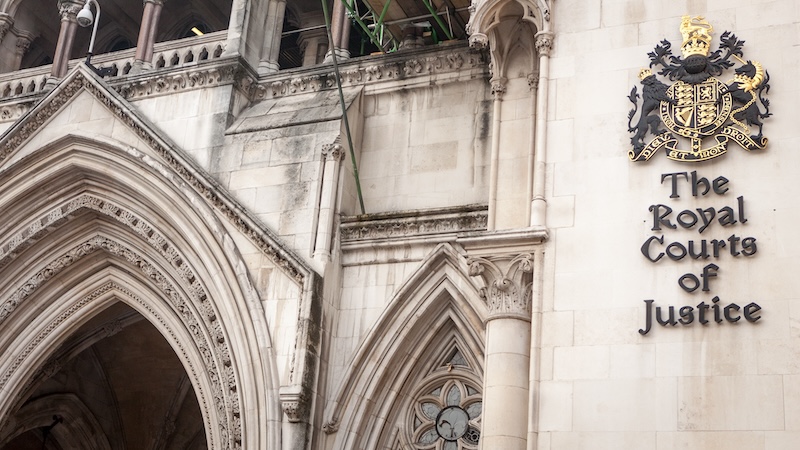‘Disappointing’ says social mobility charity

The upper ranks of the judiciary remain overwhelmingly dominated by those who attended private schools or Oxbridge unis, according to new research by the social mobility charity Sutton Trust.
Its latest Elitist Britain 2025 report found that 62% of senior judges were privately educated, despite only 7% of the general population attending fee-paying schools. The figure has barely shifted from 65% in 2019, despite years of diversity drives across the legal sector.
By contrast, just 21% of senior judges attended state comprehensives, compared with nearly 90% of the population. While that figure is up from 13% in 2019 and 4% in 2014, much of the rise appears linked to a decline in those who went to grammar schools.
The report also reveals that three-quarters (75%) of senior judges studied at Oxford or Cambridge, making the judiciary the most Oxbridge-heavy profession surveyed. Patterns of university attendance have changed little over the past decade, something the Sutton Trust suggests may reflect the older age profile of judges and the slow rate of turnover at the top.
Commenting on the findings, Katy Hampshire, director of programmes at the Sutton Trust said:
“It’s disappointing to see that the senior judiciary remains one of the most elitist professions in Britain, despite efforts to widen access to the legal sector in recent years. Senior judges wield significant power, so it’s crucial that they are more representative of the people that they serve. Increasing diversity in the sector overall is important, but improving access for those entering the profession is only the beginning. Gaps in progression must also be addressed to ensure that socially mobile individuals are able to reach the most influential positions in the legal profession.”
The charity runs its own Pathways to Law scheme for 16–18 year olds from lower-income backgrounds, and pointed to other initiatives such as PRIME, a coalition of over 60 law firms seeking to improve social mobility in the profession.
But the report concludes that while entry-level diversity programmes are welcome, they will take time to filter up to the judiciary, and calls for better collection and monitoring of socio-economic data across the profession to help tackle barriers to progression.
